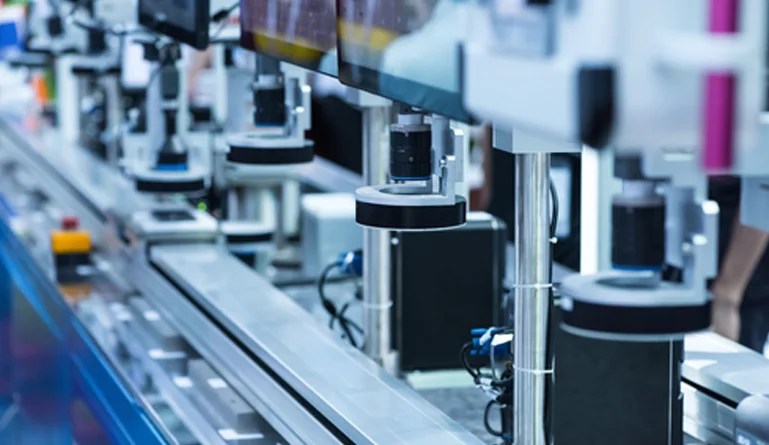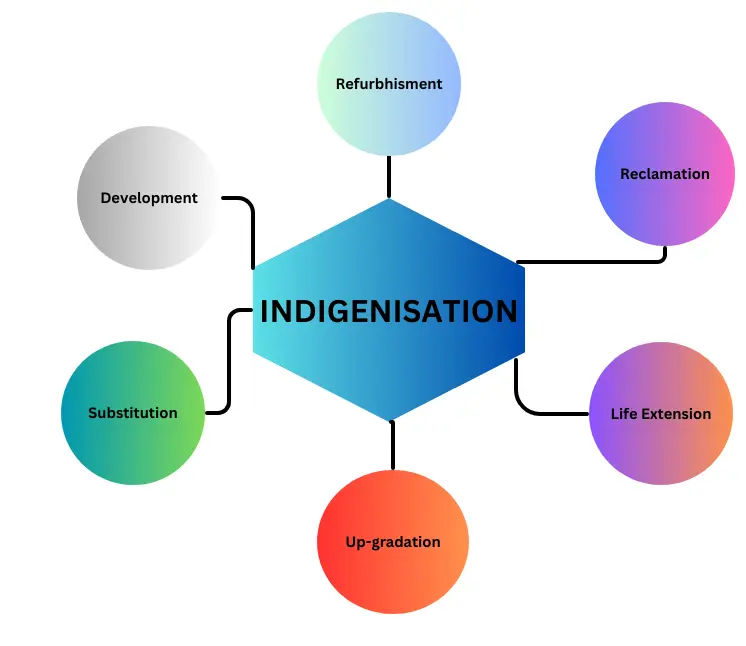Sirasu Indigenisation Products
Empowering Indigenisation Manufacturing
Indigenous manufacturing refers to the production of goods and services by local businesses using locally available resources, knowledge, and skills. This type of manufacturing is often characterized by the use of traditional techniques, materials, and processes, as well as the incorporation of local cultural and environmental considerations.
Indigenous manufacturing can play a critical role in promoting economic empowerment and sustainability in indigenous communities. By supporting local businesses and promoting local ownership and control, indigenous manufacturing can help create jobs, enhance income generation, and promote cultural preservation and revitalization.


Scope of Indigenisation
Economic Growth
Technology Transfer
Self-Sufficiency
National Identity
Political Stability
Our Services
We are dedicated to empower indigenous manufacturing by offering a range of services aimed at enhancing production efficiency and quality.
We provide expert guidance and support in areas such as process optimization, supply chain management, and product development. Through our services, we strive to facilitate the growth of local manufacturing industries, helping them to compete on a global scale.
Special Purpose Machine Controller
Electronic Instrument And Test Box
Different types of Alert Systems
Mobility solution for specially Abled Persons
Automotive Test Solution and It's Integration
Vibratory feeder control system
Healthcare Furniture System Automation
Valve controller system
The Best in Technology
Indigenised technologies refer to technologies that have been adapted or developed to suit local conditions and needs. When applied to the promotion of indigenised products, these technologies can play a critical role in enhancing the competitiveness and sustainability of indigenous businesses. By leveraging locally available resources, knowledge, and skills, indigenised technologies can enable businesses to produce goods and services that are tailored to local demand and preferences. This, in turn, can contribute to the development of a vibrant and resilient local economy, promoting the growth and prosperity of indigenous communities.

Frequently Asked Questions(FAQ’s)
What is indigenization?
Indigenization refers to the process of promoting and incorporating indigenous cultures, values, practices, and knowledge into various aspects of society, including politics, economics, education, and culture. It aims to empower and uplift indigenous communities, fostering their self-determination, identity, and socio-economic development.
Why is indigenization important?
Indigenization is important for several reasons. It helps preserve and celebrate the rich cultural heritage of indigenous communities, promotes social inclusion and diversity, addresses historical injustices, and contributes to sustainable development by tapping into local knowledge and resources.
What is indigenization of electronic products?
Indigenization of electronic products refers to the process of developing and producing electronic devices, components, and technologies within a country’s borders, reducing dependency on imported products and technologies. It aims to promote self-reliance, economic growth, and technological advancement.
Why is indigenization of electronic products important?
Indigenization reduces a country’s reliance on foreign technology and products, strengthens its economy, creates job opportunities, fosters technological innovation, and enhances national security by reducing vulnerabilities associated with dependency on foreign suppliers.
What types of electronic products can be indigenized?
Various electronic products can be indigenized, including consumer electronics (smartphones, laptops, televisions), industrial electronics (control systems, automation devices), communication equipment (routers, antennas), medical devices, defense electronics, and more.
How long does the indigenization process typically take?
The duration varies depending on factors like the complexity of the product, the level of local expertise, available funding, and existing infrastructure. It could range from a few years for simpler products to a decade or more for highly advanced technologies.
Can indigenization coexist with international collaborations?
Yes, indigenization can coexist with international collaborations. Countries often partner with foreign companies for technology transfer, joint ventures, and knowledge exchange to accelerate the indigenization process.
